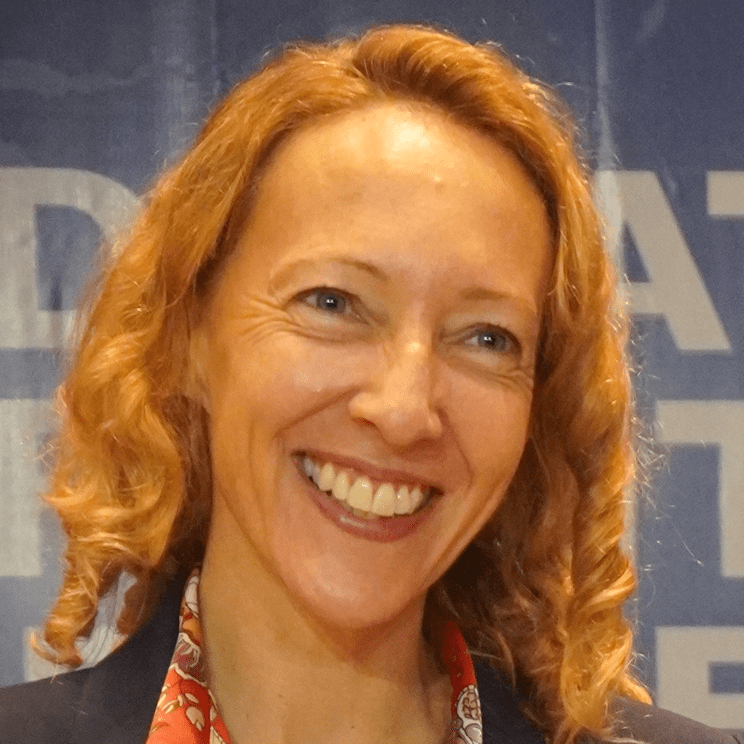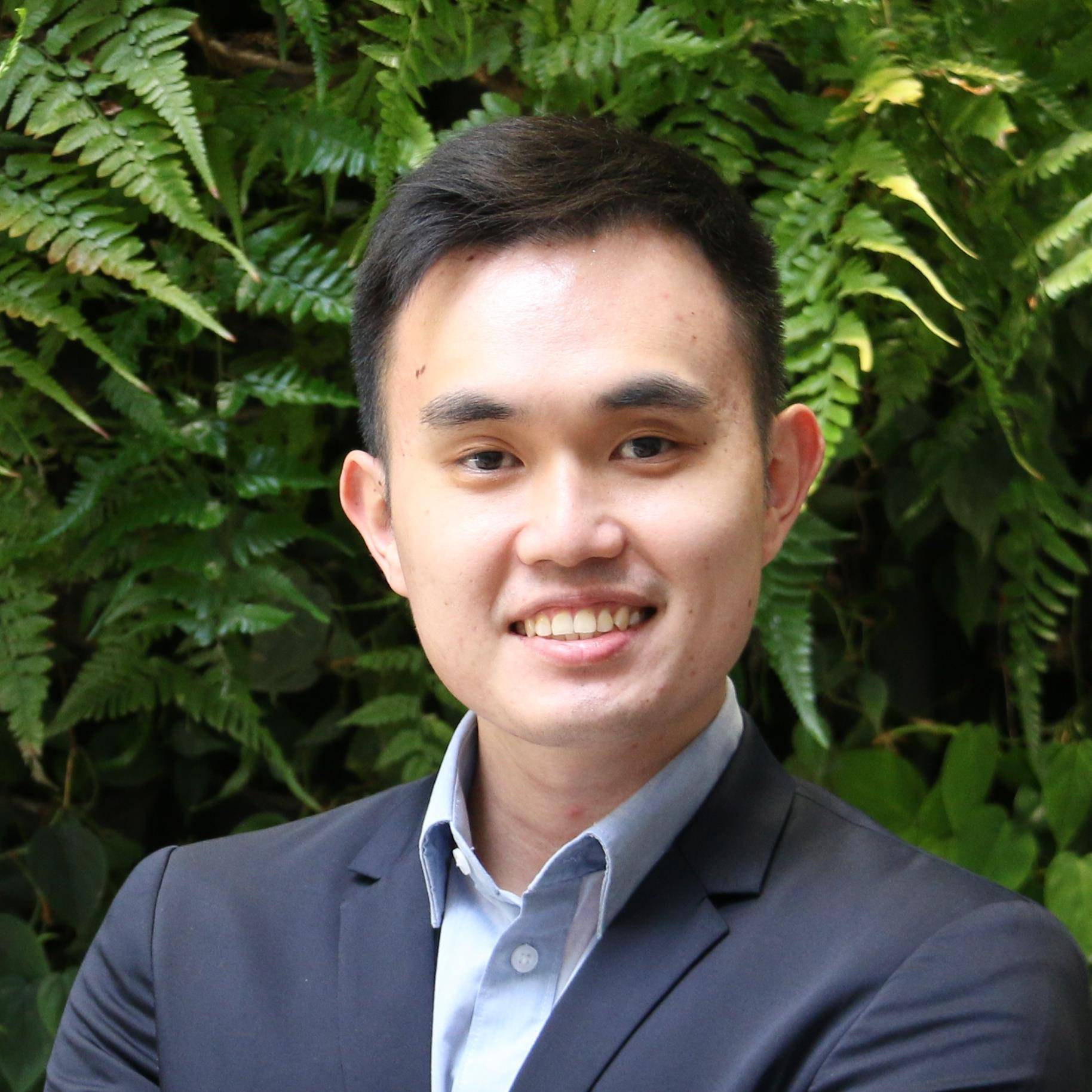RISK KNOW-HOW HACKATHON: Empowering Communities to Help Solve Real-Life Risk Communication Challenges
Risk Know-How, risk information understanding and communication In this session, IPUR mobilised the expertise of the participants to solve real-life problems in risk communication faced in Mexico (improving and monitoring water quality) and the Philippines (transitioning from fishing-based to land-based livelihoods due to increasing typhoons. Following a presentation of the communities that they were helping as well as the challenges faced, participants were divided into groups to tackle the problems and develop suggestions and solutions such as an outline, communication strategy or list of external resources and training materials which could help address the problems. Aside from the hackathon, IPUR presented the Risk Know-How platform, launched in February 2024, which aims to help communities navigate risk information. It is a collaboration between Sense About Science, IPUR and supported by Lloyd’s Register Foundation. The platform provides support to frontline risk practitioners – people who assess claims and use data about risk to make collective decisions about what should be done. It provides resources on understanding and communicating risk, case studies, and the opportunity to request tailored help.
Each group presented their proposed solutions to a panel of practitioners who provided feedback at the end of the Hackathon. The ideas and solutions were summarised and will be provided to the risk practitioners in Mexico and the Philippines. Some of the feedback and comments for risk practitioners in the Philippines included: 1. A list of survey questions to help the community develop their strategy 2. Some appropriate methods to engage the community to understand their perspectives such as focus groups and door-to-door interactions 3. A list of external resources such as website and case studies 4. Examples of communication platforms and tools to improve the circulation of information 5. An evaluation framework Some of the feedback and comments for risk practitioners in Mexico included: 1. A list of risk websites and other sources 2. A list of successful cases of interventions which led to an increase in engagement in citizen science projects in any country. 3. 5 questions to consider what matters for the given community and determine what contaminants would be more impactful to measure. 4. Three priority areas to focus on when communicating information. 5. Some design elements suggestions to make a useful communication tool.
Organized by: National University of Singapore – Institute for the Public Understanding of Risk; Lloyd’s Register Foundation; Sense About Science


